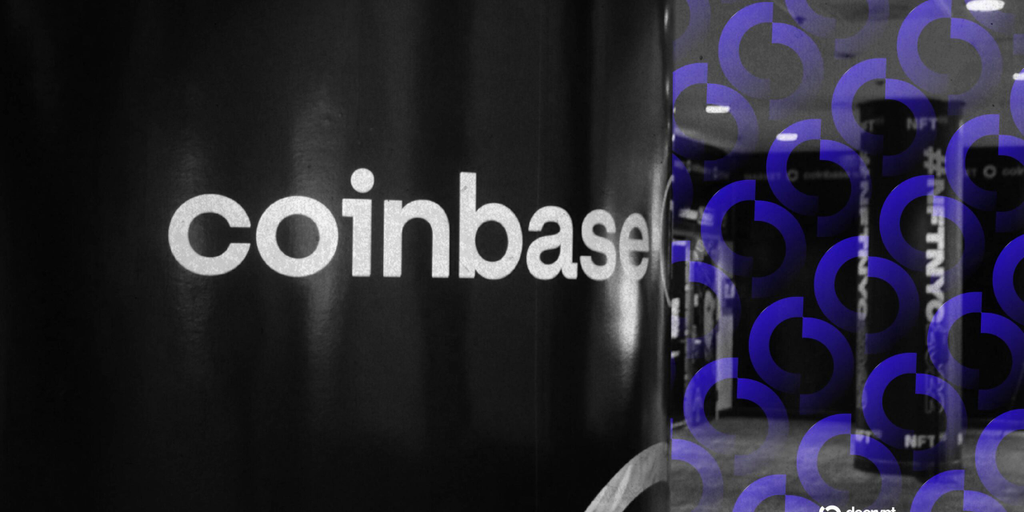In brief
- Oregon wants its securities lawsuit against Coinbase kept in state court, arguing the case relies on Oregon’s broader legal test, not federal law.
- The state has accused Coinbase of promoting unregistered crypto sales, while Coinbase called the lawsuit politically motivated and warned of fragmented state regulation.
- The case hinges on Oregon’s Pratt test, which applies a broader definition of investment contracts than the federal Howey test, making it easier to classify crypto as securities.
Oregon’s Attorney General has pushed back against crypto exchange Coinbase’s attempt to move the securities violation lawsuit to federal court, marking the latest clash in state-versus-federal crypto enforcement.
AG Dan Rayfield asked a federal judge to remand the case back to Multnomah County, where it was originally filed in April, in a motion filed Tuesday.
“This is a quintessential state law action that should be adjudicated by the state court in which the Attorney General filed it,” the motion said, calling Coinbase’s arguments a “removal gambit” and dismissing claims of a “regulatory land grab” as rhetoric that ignores nearly a century of shared state and federal securities enforcement.
Oregon Attorney General Dan Rayfield originally filed the lawsuit in April, accusing Coinbase of violating state securities law by “driving and promoting the sale of cryptocurrencies as unregistered securities” to Oregon residents.
The state alleges that Coinbase earned “millions of dollars in fees as Oregonians have faced huge losses…in a market that’s stacked against them.”
“For many of these individuals, their damages may be too small to make individual suit practical,” the motion says, noting that Coinbase’s user agreement includes arbitration and class action waivers.
State and federal securities law
Oregon’s lawsuit turns on a fundamental legal difference between state and federal securities law.
Even if a crypto asset does not qualify as a security under the federal Howey test, it can still qualify as a security under Oregon’s state-level legal standard, known as the Pratt test.
That standard was established in the 1976 Oregon Supreme Court case Pratt v. Kross and further clarified by later cases referred to as “its progeny.”
The Pratt test broadens the Howey standard by focusing on whether investors are led to expect profits primarily from the efforts of others, even if they are also somewhat involved, making it easier for Oregon to classify schemes as securities.
“Crypto firms would certainly try to avoid any interpretation on securities in state enforcement as this could lead to a chaotic situation where all 50 states could start an enforcement action based on their interpretation of securities,” Navodaya Singh Rajpurohit, legal partner at Web3 consulting firm Coinque Consulting, told Decrypt.
While the federal SEC has backed away from enforcement under the Trump administration, including dropping its lawsuit against Coinbase in February, individual states are asserting independent authority to protect investors through their own securities laws.
Coinbase removed the case to federal court in June, saying “state law claims purportedly turn on a substantial question of federal law.”
However, Oregon’s motion says this fails because the state applies its own “modified” legal test that differs significantly from federal standards.
Coinbase has dismissed Oregon’s lawsuit as political theater, with the exchange’s chief legal officer claiming the Oregon AG “still thinks it’s 2023 with his Gensler-era SEC copycat suit” in a tweet Thursday. “This pursuit of a patchwork of state regulation only helps politicians and harms consumers,” Grewal added.
The motion also accuses Coinbase of working “closely with crypto issuers to list their tokens on the Coinbase platform and promote them, facilitating their sale to the public.”
Oregon has requested attorney fees and costs, noting Coinbase “lacked an objectively reasonable basis for seeking removal.”
“If all states start to interpret what qualifies as an investment contract, it would cause a disastrous effect on the whole industry and could certainly undermine the SEC’s role,” Rajpurohit said.
However, he noted that state courts remain bound by their own Supreme Court precedents, meaning “the Oregon District Court may have to interpret ‘investment contract’ as per Pratt vs Kross.”
Daily Debrief Newsletter
Start every day with the top news stories right now, plus original features, a podcast, videos and more.



